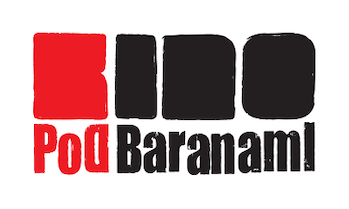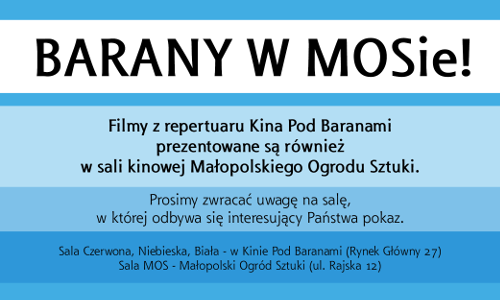MFF w Berlinie 2017: najlepszy debiut pełnometrażowy (Best Feature Film), Grand Prix Międzynarodowego Jury Pokolenia Kplus
MFF w Buenos Aires 2017: najlepszy reżyser (Carla Simón)
Europejskie Nagrody Filmowe 2017: nominacja do nagrody za Europejskie Odkrycie
MFF w Istambule 2017: Nagroda Specjalna Jury
Hiszpański Festiwal Filmowy w Maladze 2017: Nagroda Dunii Ayaso, najlepszy hiszpański film (Carla Simón)
Nagrody Filmowe Fenix 2017: najlepszy scenariusz (Carla Simón)
Lato 1993 to czarująca i niebanalna podróż w czasie. Film, który doceniła publiczność na całym świecie, w idealnych proporcjach wzrusza i bawi. Carla Simón, wyróżniona Kryształowym Niedźwiedziem na Berlinale, z wyczuciem portretuje proces przeżywania straty i ekscytację towarzyszącą budowie nowej rodziny. Jej film łączy w sobie ciepło i błogość z intensywnymi emocjami czasu dorastania. Lato 1993 to film, który udowadnia, że szczęście można znaleźć wszędzie – wystarczy się rozejrzeć.
REŻYSERKA O FILMIE:
To było dla mnie bardzo ważne, żeby zrobić film pełen blasku, który zawierałby i smutek i nadzieję, i żeby uniknąć sentymentalizmu. Poza tym uwielbiam subtelność, jestem pewna, że widzowie są na tyle inteligentni, by odebrać całe to złożone spektrum emocji w małej cząstce. Życie nie dostarcza nam wielu informacji na temat naszych relacji, musimy je odczytywać z gestów i nielicznych słów, i lubię grać w tę grę z publicznością, sprawiać, że widzowie powoli odgadują, jak czują się bohaterowie.
| The summer of 1993 is a time of difficult changes. Six-year-old Frida has to go live with her uncle and his family in the Spanish provinces-and this is not just a holiday trip. She has lost both her parents-her mother having died recently following a long illness-and she has to learn to live with new guardians. Carla Simón's first full-length feature film is based partly on her own childhood experiences. Avoiding sentimentalism, the Catalan director paints a complex emotional portrait of a child who is confronted with a wave of contradictory feelings: anger, jealousy, and a growing sense of attachment. With sensibility, she shows the process of experiencing loss, concentrating not on dramatic events, but rather on observations of the seemingly mundane aspects of everyday life. She is helped in this by the charismatic and mature Laia Artigas in the main role. This moving film about the bitter taste of childhood in the shadow of the AIDS epidemic has been warmly received at festivals all around the world. In Berlin, it took home the award for the best debut.
Wcześniej w ramach: Nowe Horyzonty Tournée 2018 oraz Letnie Tanie Kinobranie 2018: tydzień 4: Czas leczy rany.
ZWIASTUN:






